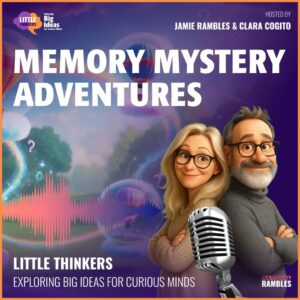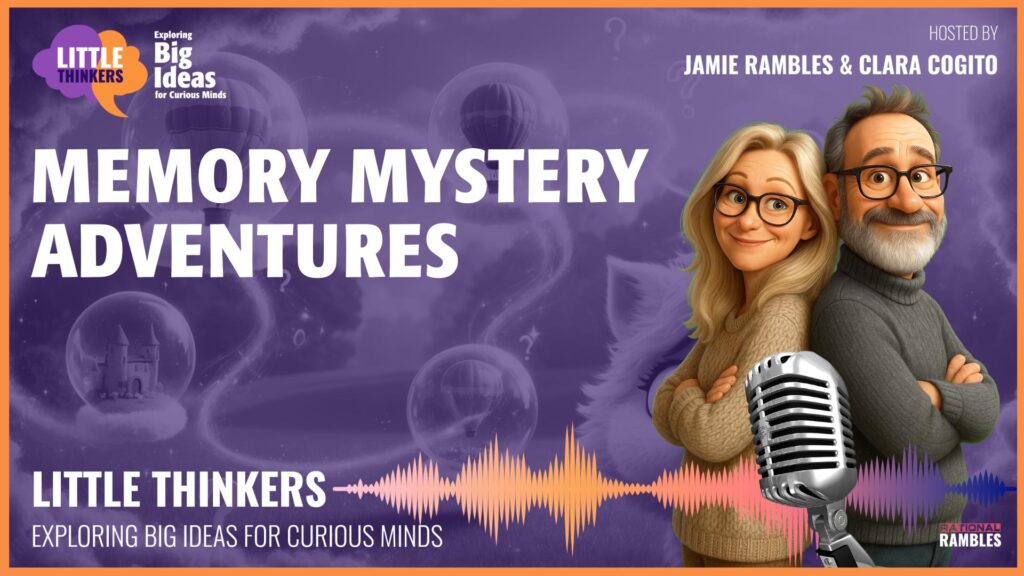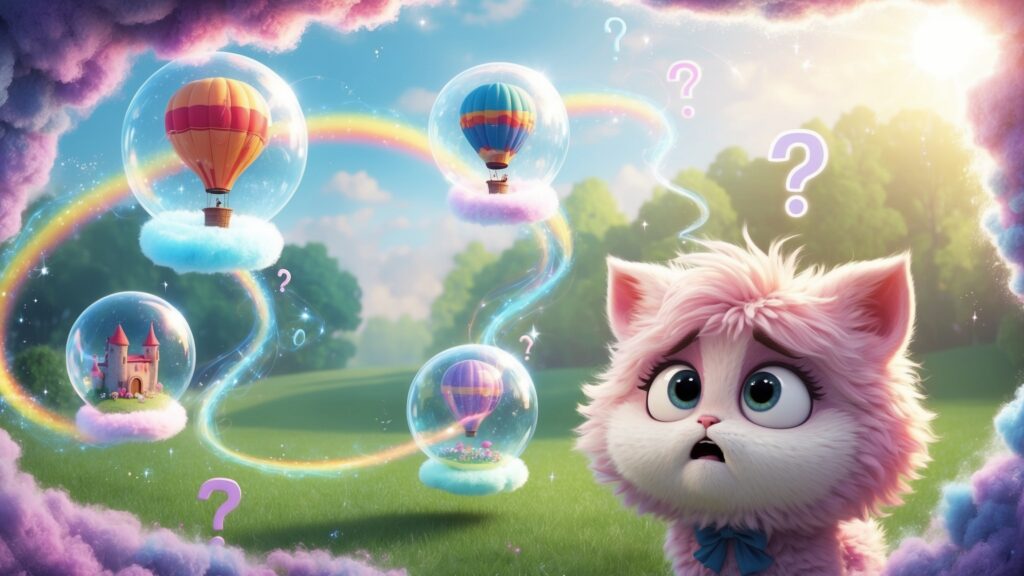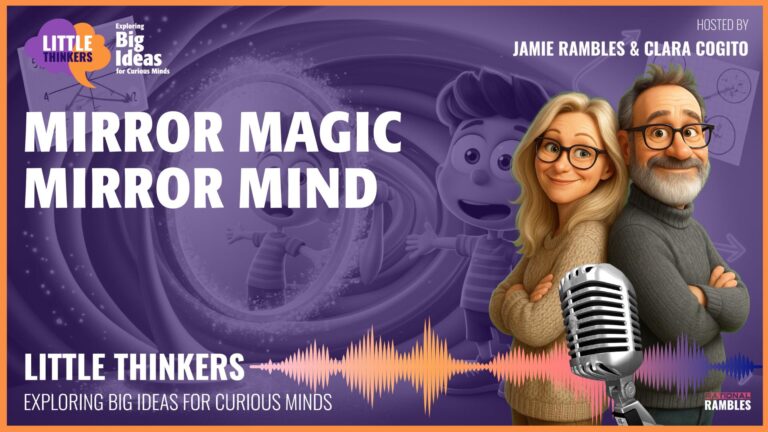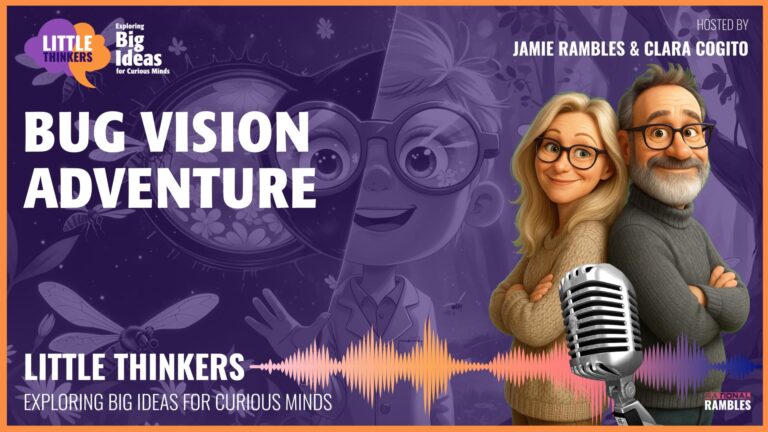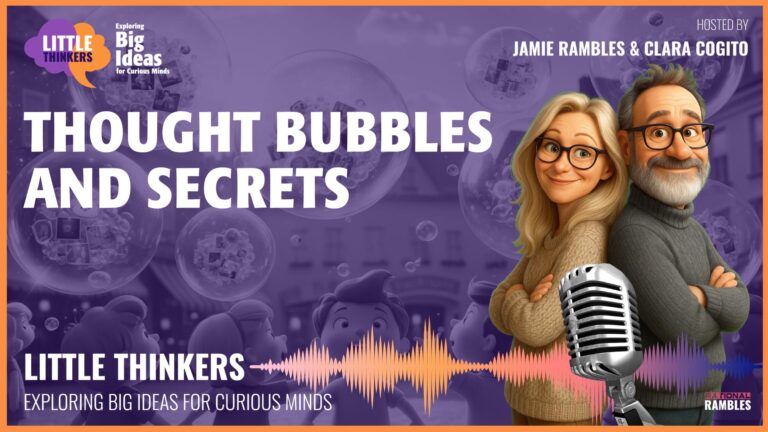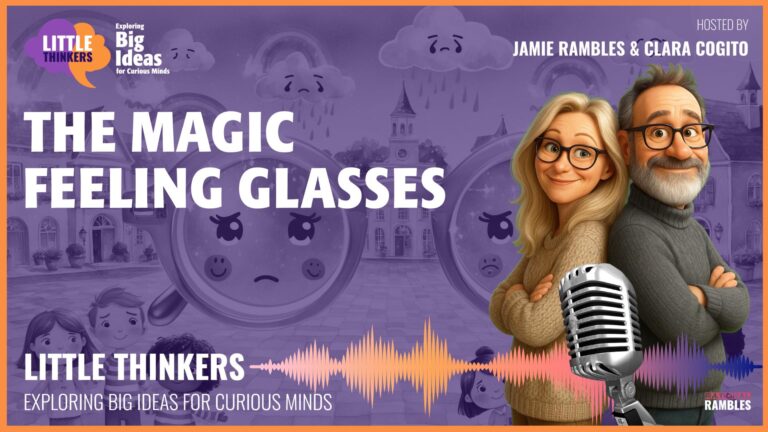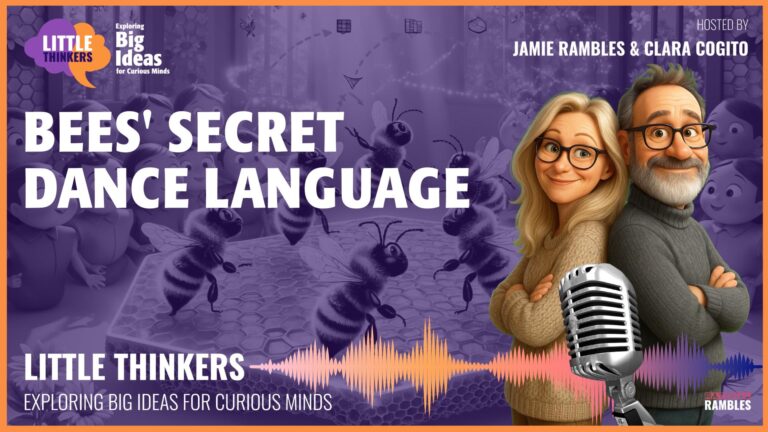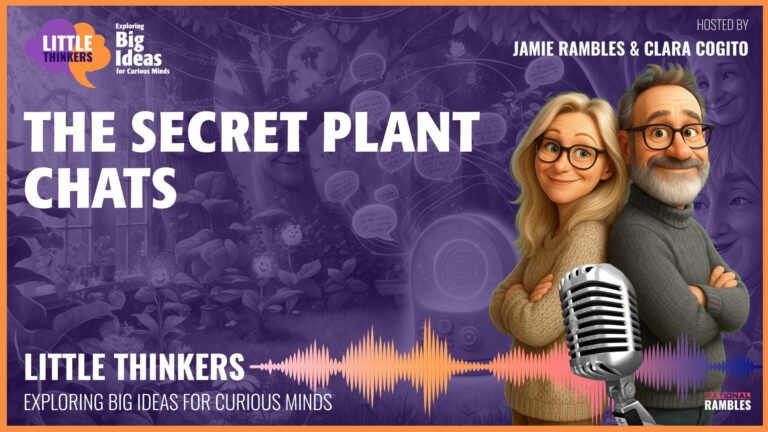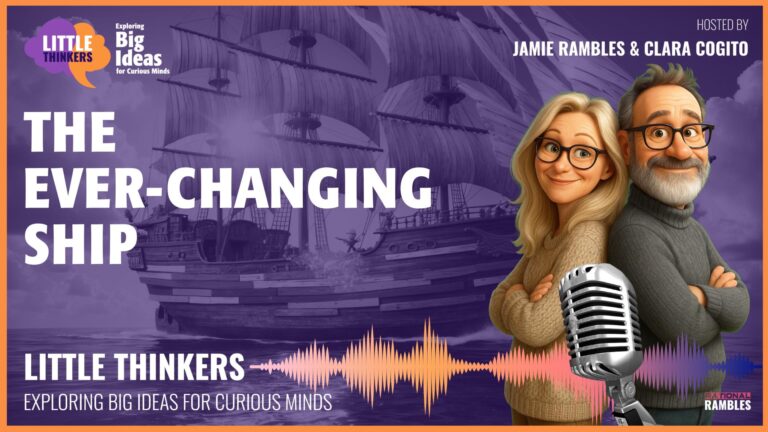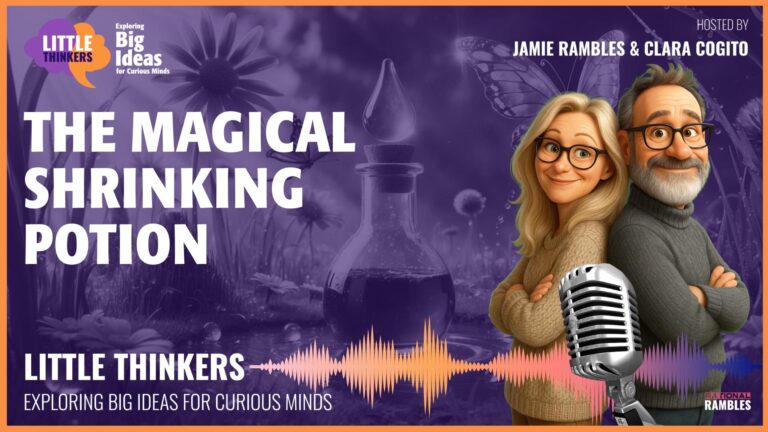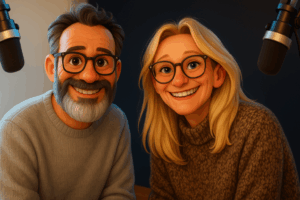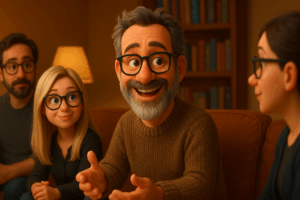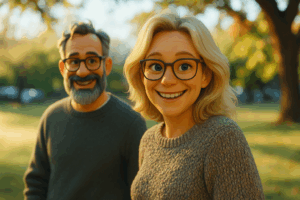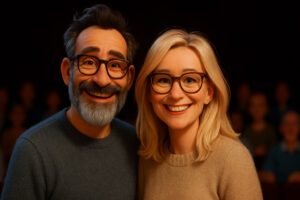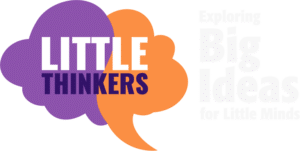Memory Magic: When Your Brain Plays Tricks on You!
Have You Ever Remembered Something That Never Happened?
Have you ever been TOTALLY SURE something happened to you, but then found out it never actually did? Maybe you remembered having a pet turtle when you were little, but your parents said, “We never had a turtle!” Your brain wasn’t trying to trick you – it was doing something amazing called making a false memory!
False memories are like dreams that feel so real that your brain thinks they actually happened. It’s not magic – it’s your incredible brain at work!
How Our Memory Factory Works
Your brain is like a giant Play-Doh factory, always squishing and reshaping your memories. It doesn’t just store memories like books on a shelf – it’s constantly changing them!
Think of it like this: When you build a sandcastle at the beach, every time a wave comes, it changes your castle a little bit. Your memories work the same way! Each time you remember something, your brain rebuilds that memory, and sometimes adds little extra details that weren’t there before.
Your Super Memory Powers
- Your brain can remember thousands of things!
- Your brain connects memories with feelings
- Your brain fills in missing pieces (sometimes with made-up stuff!)
- Your brain sorts memories while you sleep (like tiny memory elves working at night!)
The Amazing Hot Air Balloon Experiment
Some super smart scientists did a really cool experiment. They showed grown-ups fake pictures of themselves as kids riding in hot air balloons – even though it never actually happened!
Guess what? After seeing these pictures a few times, many people started to “remember” floating in the air, what the balloon looked like, and even how they felt! Their brains created a whole memory movie about something that never happened!
It’s like if your teacher showed you a picture of yourself riding a dinosaur (that was made on a computer), and after looking at it many times, you started to think, “Hey, I remember that dinosaur ride!”
The Telephone Game in Your Brain
Have you ever played the telephone game? That’s where you whisper a message around a circle of friends, and by the time it gets back to you, the message has changed!
Your memory plays telephone with itself! Every time you remember something, you’re not actually remembering the thing that happened. You’re remembering the last time you remembered it!
So if you went to the zoo last year, and you’ve told the story ten times, your memory now might include things that weren’t at the zoo at all – like saying the elephant was purple when it was actually gray!
Memory Experiment You Can Try
Here’s something fun to try with a friend or family member. Think about a time you did something together – like a birthday party or a trip to the park. Each of you write down what you remember about that day. Then compare your notes!
You might be surprised to find that you remember different things – or even remember the same things happening differently. That’s your memory telephone game at work!
Your Brain Fills in the Blanks
Your brain is also really good at filling in missing pieces of memories. It’s like a puzzle solver that makes new pieces when it can’t find the right ones!
For example, if you can’t remember what you ate for breakfast yesterday, your brain might think, “Well, I usually have cereal, so I probably had cereal!” Even if you actually had pancakes!
This happens because your brain likes patterns and doesn’t like having empty spaces in your memories. So it makes up reasonable guesses to fill in those blank spots.
Wacky Memory Facts!
- Most people can’t remember anything from before they were about 3 or 4 years old. This is called “childhood amnesia” – like your earliest memories are playing hide-and-seek with your brain!
- Your brain strengthens memories when you sleep!
- Smells can trigger memories better than other senses – that’s why the smell of cookies might suddenly make you remember baking with Grandma!
Where Do Memories Live in Your Brain?
Your brain has different special parts that work together to make memories!
- One part notices things (like your eyes seeing a funny-looking cloud)
- Another part feels emotions about them (like feeling happy about the cloud)
- Another part stores them away (like putting the cloud memory in your memory library)
And sometimes these brain parts don’t communicate perfectly – like when you put your shoes in the refrigerator by accident! Your memory books can get put on the wrong shelves!
Memory Detective Game
Let’s play a fun game! Try to figure out which of these statements is a true memory and which is made up:
“When I was six years old, I had a pet frog named Mr. Ribbity who wore a tiny bow tie and did backflips when I played music.”
Does that sound real? Probably not! A backflipping frog with fashion sense who likes music sounds amazing but probably made up! Unless someone had the coolest frog in the universe!
But here’s the tricky part – if someone told themselves that story every night before bed and looked at pictures of frogs in bow ties, after a while, their brain might start to think, “Hey, I remember Mr. Ribbity!”
Your Turn to Be a Memory Detective!
When you’re not sure if a memory is real, you can look for clues like:
- Photos or videos
- Asking other people who were there
- Looking for things that seem too silly or impossible
- Checking if the memory changed a lot over time
It’s like being Sherlock Holmes of your own life!
The Story of YOU (Your Autobiographical Memory)
Did you know there’s a special name for your memories about your own life? It’s called autobiographical memory – like you’re writing the story of YOU!
This is your brain’s way of keeping track of all the things that happened to you, how you felt about them, and what you learned. It’s like your very own book called “The Amazing Adventures of [Your Name]!”
Sometimes your brain adds little extras to this story – like maybe you remember your birthday cake being chocolate when it was actually vanilla. Or maybe you remember scoring three goals in the soccer game when you actually scored two.
These small changes usually aren’t a big deal – they’re just your brain trying to make your life story even more interesting!
Could False Memories Be Helpful?
What if we could actually ADD helpful memories to our brains? Scientists are studying how understanding false memories might help people with fears or bad memories!
For example, what if doctors could help people who are scared of spiders by giving them a new memory of having fun with a friendly spider? Or helping someone remember to brush their teeth by adding a super fun tooth-brushing memory?
But there’s a super important difference between helping someone and tricking them. Using memory science to help people is awesome, but using it to trick them would be like stealing something from their brain!
Memory Rules for Scientists
Scientists who study memories have special rules they must follow. They always have to explain what they’re doing and get permission first. It’s like asking “May I please borrow your toy?” but for brains!
Why Memories Matter (Even the Imperfect Ones)
Even though our memories aren’t perfect, they help tell the story of who we are! They’re like a book about you that your brain is always adding new chapters to – even if some pages get a little mixed up!
The most important parts of our memories – the happy times, the people we love, the lessons we learned – those big things usually stick around even if the little details change.
So next time you and your friend disagree about what happened at the playground (“The swing was blue!” “No, it was green!”), remember that your amazing brains might both be playing the memory telephone game!
Time to Wonder…
Next time you close your eyes to go to sleep, imagine your memory elves sorting through today’s adventures and filing them away in your brain’s library. What memories from today do you want to keep forever?
And remember – it’s OK if your memories aren’t perfect. That’s just your incredible brain doing what it does best – telling the amazing story of YOU!
What’s your earliest memory? Do you think it really happened exactly the way you remember it? Or might your brain have added some extra special effects?
